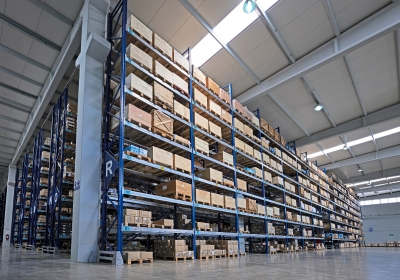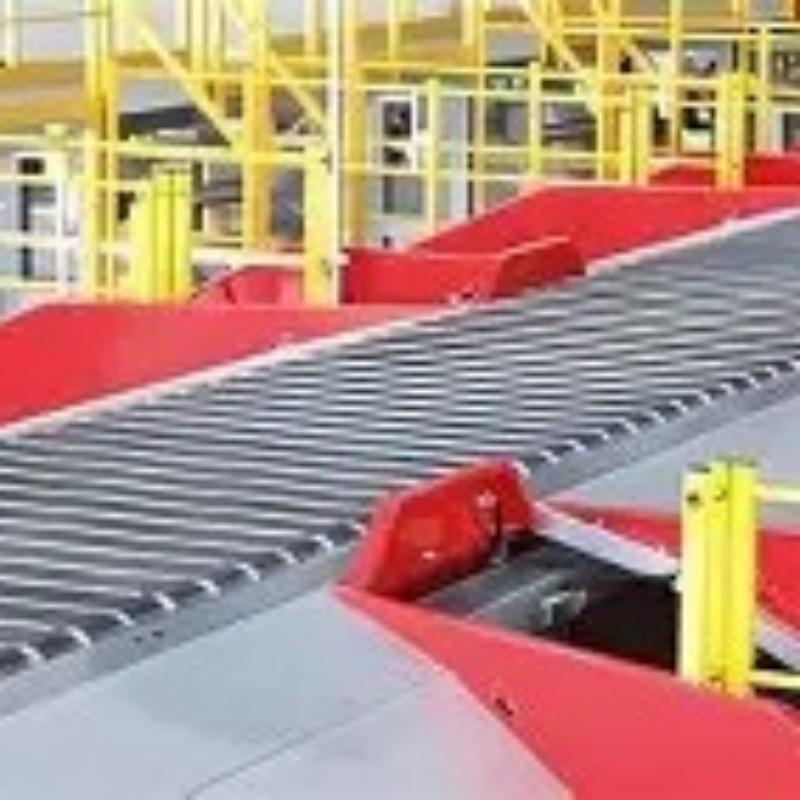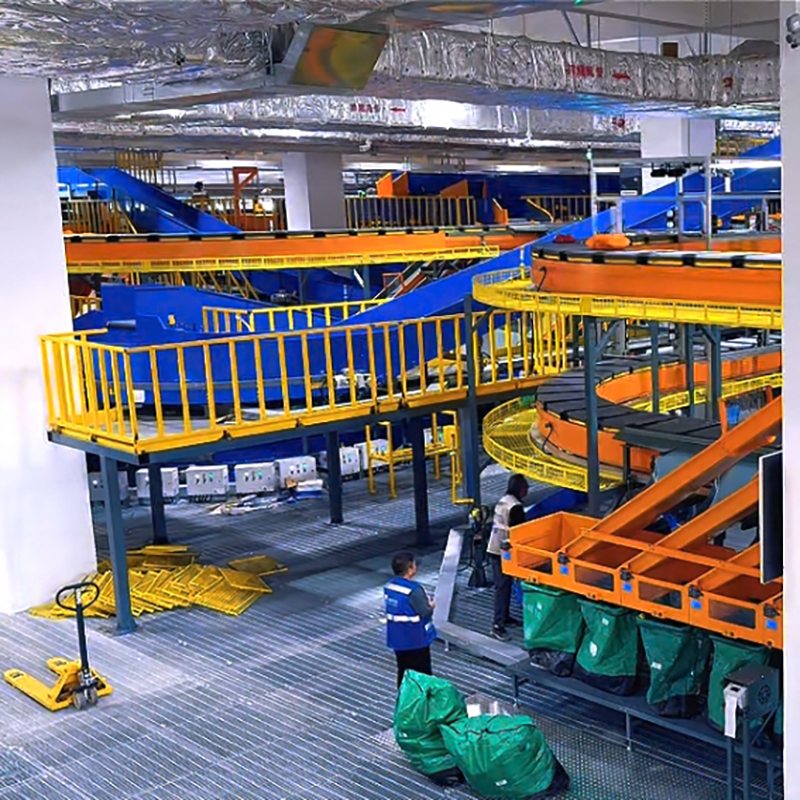The logistics industry has been undergoing a rapid transformation in recent years, driven by globalization, e-commerce, and technological innovation. Companies are no longer relying on traditional manual processes. Instead, automation and digitalization have become the core strategies to improve efficiency, reduce costs, and meet the increasing demand for faster deliveries.
One of the most significant trends is the rise of intelligent sorting systems. Automated sorters, DWS (Dimensioning, Weighing, and Scanning) systems, and conveyor solutions enable logistics providers to handle a higher volume of parcels with greater accuracy. These technologies reduce labor dependency and minimize errors, which are critical in today’s fast-paced market.
Another key development is the integration of AI and data analytics. Real-time tracking, predictive analytics, and warehouse management software are helping companies make smarter decisions. By using data-driven insights, logistics providers can optimize routes, manage inventory more effectively, and improve customer satisfaction.
Sustainability is also reshaping the industry. With global emphasis on carbon reduction, logistics companies are investing in green transportation solutions, such as electric vehicles and energy-efficient equipment. Automation further supports this goal by minimizing wasted resources and streamlining operations.
Looking ahead, the logistics sector will continue to evolve with smart warehouses, autonomous vehicles, and advanced robotics. Companies that embrace these innovations will not only gain a competitive edge but also build a more resilient and sustainable supply chain for the future.




